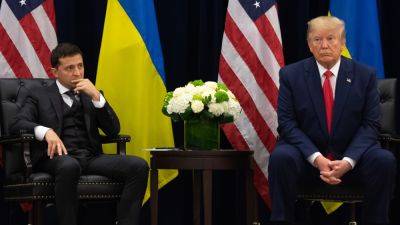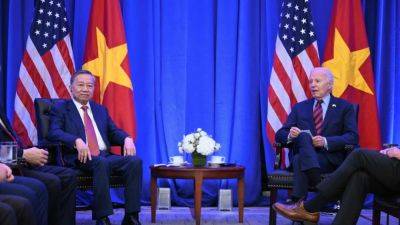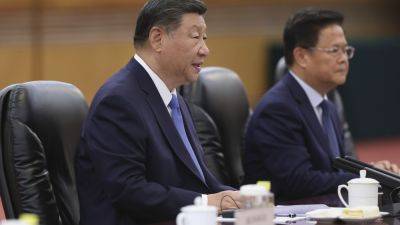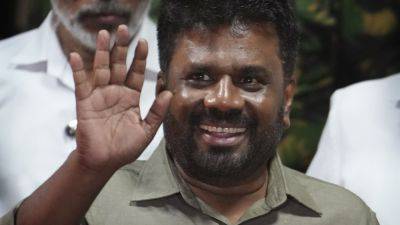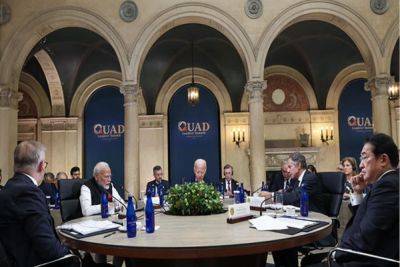Resurgent Quad puts China on a new defensive edge
MANILA – This week, US President Joe Biden hosted for the last time his counterparts from Japan, Australia and India for the fourth Quad Leaders’ Summit.
Flanked by Prime Minister Anthony Albanese of Australia, Prime Minister Kishida Fumio of Japan and Prime Minister Narendra Modi of India in his home state of Delaware, the US leader zeroed in on institutionalizing cooperation and the supposed threats posed by China.
“China continues to behave aggressively, testing us all across the region, and it’s true in the South China Sea, the East China Sea, South China, South Asia and the Taiwan Straits,” Biden told his fellow Quad leaders.
“At least from our perspective, we believe Xi Jinping is looking to focus on domestic economic challenges and minimize the turbulence in China diplomatic relationships, and he’s also looking to buy himself some diplomatic space, in my view, to aggressively pursue China’s interest,” Biden said during the high-level meeting in a hot-mic moment.
Although more measured in their joint statement, the four powerful democratic leaders announced a series of new initiatives with a growing focus on quality infrastructure development, cybersecurity, semiconductors and, most crucially, maritime security.
In particular, they announced inaugural joint coast guard operations for 2025, regardless of who takes over the White House after the November elections, and promised to enhance military logistics coordination by expanding on the earlier Indo-Pacific Partnership for Maritime Domain Awareness.
Although Quad leaders tried to portray the event as a more comprehensive and constructive gathering, Beijing was quick to criticize and even condemn aspects of the meeting. On the one hand, the state-backed Global


